

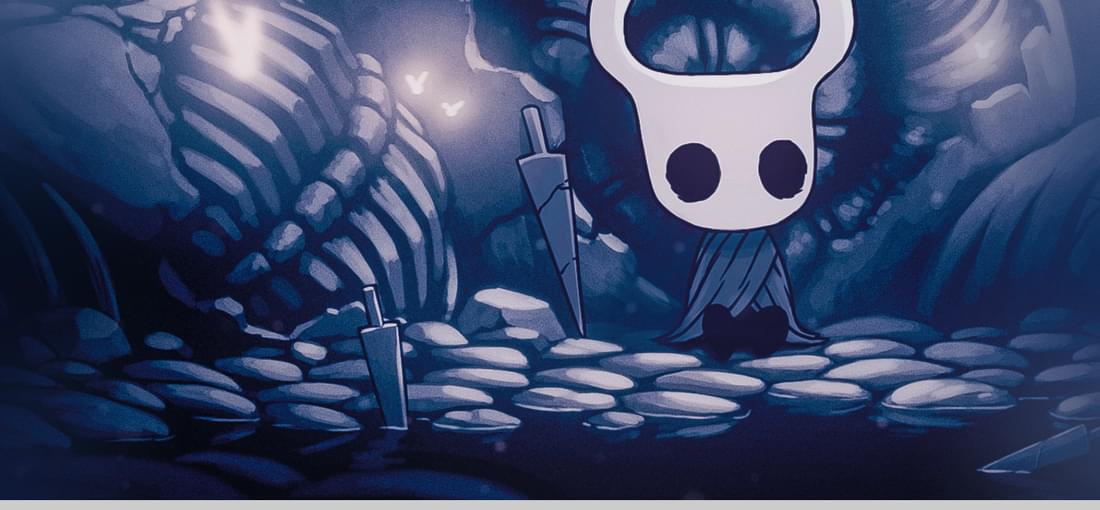
Hollow Knight delivers a traditional Metroidvania experience, with a touch of Dark Souls: you explore sprawling world, which opens up more and more as you gain access to more skills. Combat, while simple, is alright, and landing an attack and getting hit is impactful. There is also an overwhelming amount of content: it took me 30h to reach the true ending, while barely touching DLC content. My experience till I reached the “bad ending” was pretty stellar. Once HK opens up, you can access a lot of areas from the get go, and while you lack direction, whenever you go you are bound to find something interesting or useful. All areas are very distinct and map is really well design, making navigation effortless – be it from the memory or by consulting the map. While your move-set is rather modest, there is a generous amount of enemy types in the game, keeping the combat interesting, as you uncover new areas. I also liked various NPCs you get to meet. However, I must say I didn’t enjoy reaching the 2nd ending. Amount of extra steps needed reach it, is quite significant. While there is a fast-travel feature, I found it to be not enough in this final stage of the game, and completing necessary tasks (while consulting walkthrough! I can’t imagine having patience for it without one, as game provides little to no clues, as to what we might even look for) requires excessive backtracking. There is also an infuriating platforming section, and unfortunately WK floaty controls and zoomed in camera doesn’t support that kind of precision platforming. While impressed by amount of content in the game, I am also not terribly excited about it – there are many bosses to fight, and then harder versions of some of them for extra challenge, but due to simplicity of combat, I can’t say they feel terribly different from each other, even though they all do have unique art and move-sets. I just didn’t feel there was more depth left in the game's mechanics to explore.
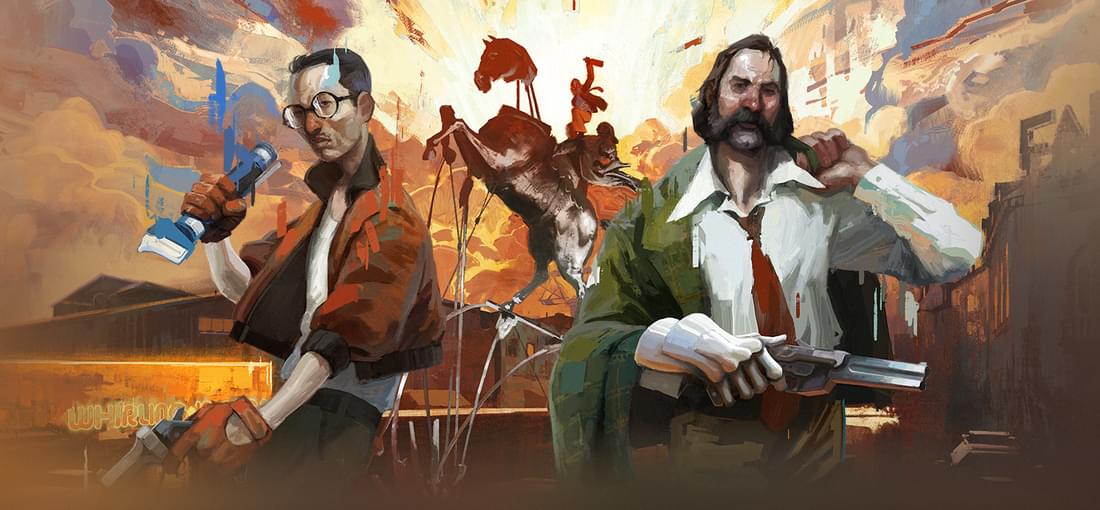
There is a decent chunk of 5/5 game in here. Unfortunately, after couple brilliant in-game days, the game seemed to collapse under its ambition and undermine itself. You play as a down-on luck amnesiac detective on a mission to solve a mystery of a hanged man, and his own self identity. While the game is mostly text based, it is an RPG. You create a character and distribute his stats, each governing 6 skills. Those skills will determine what interactions your character will be able to perform, but also determine what he sees and thinks – it is a detective game where what you character seems and notices is more important that what you see and notice. This is done by skills “talking” to you: for example “encyclopedia” might chime in giving you useful (or not!) info about something you heard. The game starts brilliant – its full of content, pacing and writing is excellent. You discover things about yourself, you examine evidence, question and confront witnesses. There seem to be plenty of checks relevant to skills you chose, giving you various ways to approach problems at hand. At some point things take a drastic change to the worse – progression is gated behind a very specific skill check, event, which was presented as avoidable, become unavoidable, skill checks rigged to win or fail, character and story development halts, you are unable to follow-up on leads you have, until the game decided it is time to wrap it up. The epilogue is a wall of text, tying up every single loose story thread. There are two separate “tests” when game judges how you performed – in solving the mystery, and your character. Pacing is really off, and it feels very artificial. Some mechanical issues (like encouraging to swap your clothes behind every check) become more and more apparent as games goes on. Still, there is a solid chunk of great game, and for a debut title, it is impressive. I would recommend giving it a try, but due to the drop in quality I would recommend waiting for a sale.
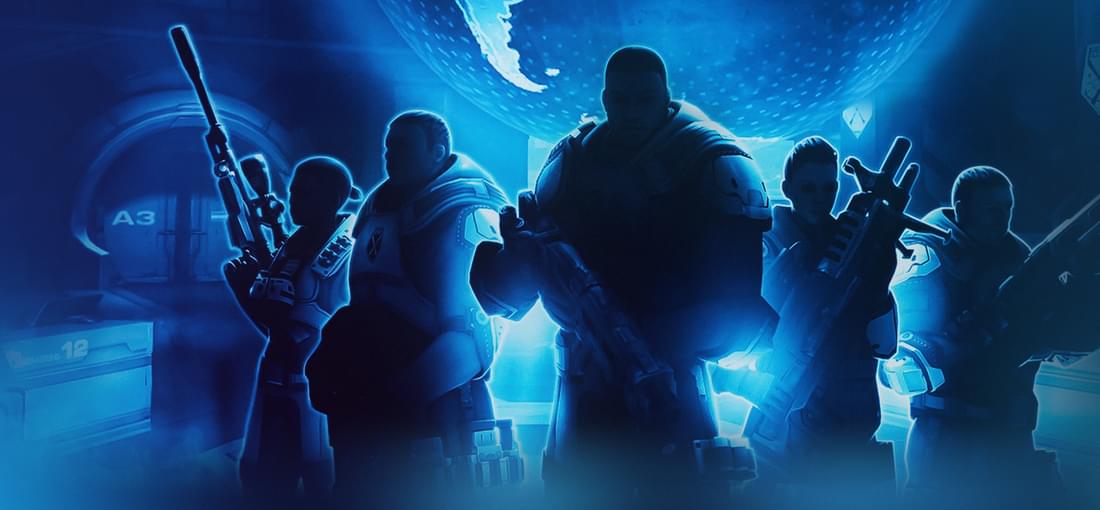
In XCOM you take command of an ExtraterrestrialCombatUnit in an attept to defend earth from invaders from outerspace. With this game Firaxis has done something remarkable – they took a genre which has been dormant for quite a few years and managed to update it, making it slick to play and attractive to look at. XCOM games take place on two plains: strategic layer, where you manage your base, research, weapon development and tactical missions, where you control individual units on battlefield. Firaxis puts most of its focus on the tactical side: you control up to three soldiers at a time, each with its own class with special abilities. Gameplay is fairly basic, but satisfying - early on it is quite RNG heavy, though you will gain control as your soldiers gain more and more skills. There are some glaring issues with the combat (variety, inflexibility of two point action system, familiarity with handmade maps, pod activation system which tends to make encounters either too easy or unfairly hard). Strategic layer here acts more like an inbetween mission shop – you can’t actively make any interesting decisions, aside from rather underwhelming satellite system, but rather spend recources gained from missions to research and buy new equipement, build new rooms which will allow for the story to progress or unlock additional boons, and wait for a new mission to pop up. If money isn’t the issue XCOM2, offers very much the same experience, but much improved – while it doesn’t quite fix some of the game’s issues it does address them. However, what XCOM has going for it is charm, pleasant writing and atmosphere which isn’t present in the sequel. There is also famous by now LongWar mod, which offers XCOM a decent replayibility, adds a lot of much needed depth and makes some of XCOM shortcomings into intentional gameplay (pods again). It can get a bit too grindy for my taste, but I still can't imagine playing XCOM without it, but I would advise trying base game first.
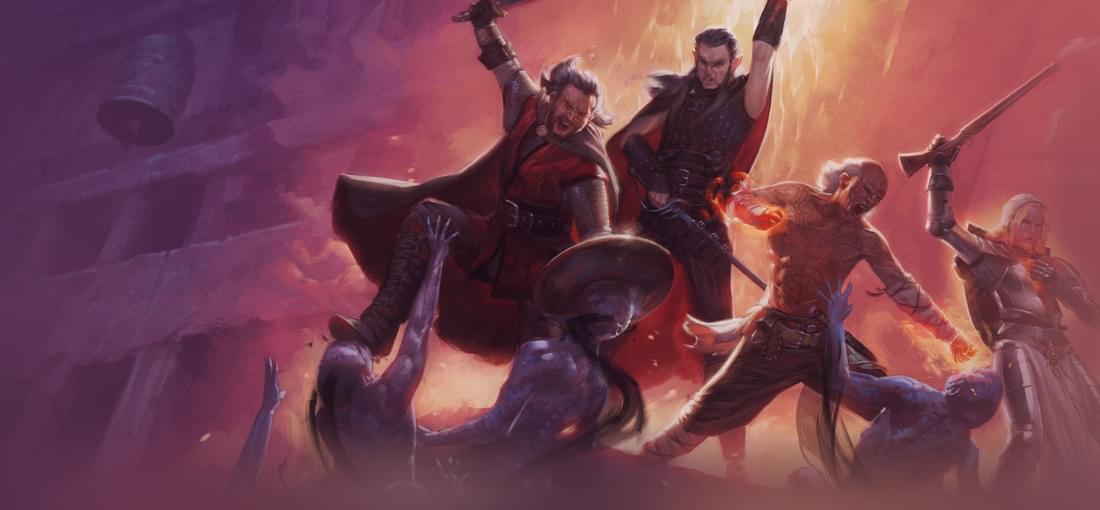
Pillars of Eternity is a flawed game, but one you might want to give a go. It uses DnD like system, however, from ground up design for party based, top down real-time with pause game such as Pillars. While I love some of the changes, and am conflicted about others, overall it is a system superior to the titles that inspired it. It manages to offer more nuance and be more accessible at the same time. The biggest drawback of PoE is its budget. It was a kickstarted game, and the tight budget shows. It aims to be big, and it often backfires. There are more areas and ideas than the game is able to properly explore – a lot of maps feel empty, especially the populated areas, quests can be too straightforward and binary. There are kickstarter promisies that Obsidian had to honor (like two cities, very very deep dungeon, keep management), which makes the game spread really thin at times. Something I also have to mention as long time RPG fan are items – the very generic item system the game uses made finding new equipment uninteresting. However, the reason you should play PoE1 is its story and characters. While the storytelling does suffer from similar issues to gameplay – areas vary in quality, and a lot of content feels underdesigned – the big picture story and world are thought provoking and memorable. A word of warning – the game, characters and the story doesn’t quite click together until it is tied together at the end. I generally met two kinds of people – those who loved PoE story and characters, and those who gave up before seeing the conclusion. White March DLCs are an example of what PoE could have been. It preserves the depth and tone of the base game, while offering a much more varied, better paced and simply more fun adventure. This sidestory acts as a minicampaign of its own, covering more mundane adventuring and ending with some high level concepts. WM lands at the top of my favourite cRPG content and is to this day my favourite part of PoE franchise.
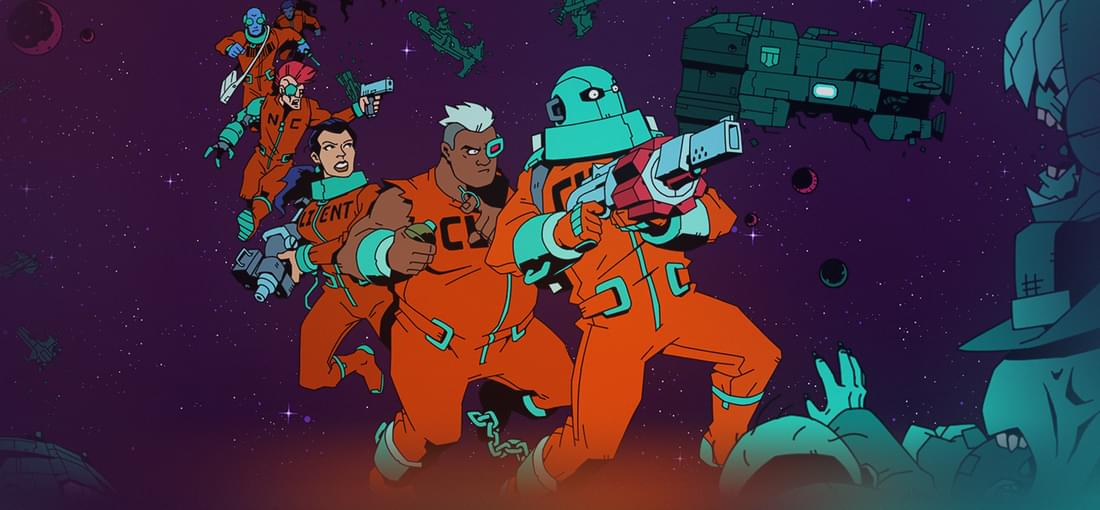
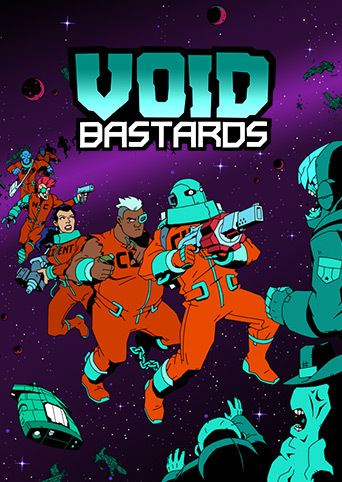
I own this game on steam. Great art style, great theme, really shallow and repetitive gameplay. You play as convicts, who are sent out to find parts to repair their prison ship, so it can leave the nebula. You will be boarding derelict ships, scavenging for items, ammo, food and fuel. When you die another convict will be send out, but the items you collected and upgrades you build will be preserved. It’s is a fun experience for an evening or two, but it becomes quite dull afterwards. Procedural generation is very modest – ship layouts are predetermined, and what changes are enemy composition and modifiers. Unfortunately, every ship plays the same, and modifiers and enemies dictate how annoying each ship will be, but never shake things up in an interesting way. Similarly, traits of each of the convicts get are uninspired – they may be better or worse at some things, some might take more/less damange from different sources. There are also some novelty traits, like colorblind, whch makes everything black&white, or different character hights. Those are cute at first but they quickly loose charm. Because items and upgrades are permanent death is irrelevant, and games lacks tension roguelites tend to thrive on. You always have same weapons and upgrades at your disposal, and traits don't shake things up, so every prisoner run feels the same. As it is often the case with roguelites with permanent upgrades, succeeding in the game is not about you getting better, but about running the treadmill for long enough. As you play you will be getting more ammo, more weapons, more health, you will be able to hack turrets for less resource. My play style hasn’t changed much since my first run, and that’s because the game has very little depth to it. In this genre it’s a game killer. The game might become more interesting with updates or expansion, but I fear only a major redesign of its core mechanics might address its underlying issues. Offers enough to be picked up on a sale.
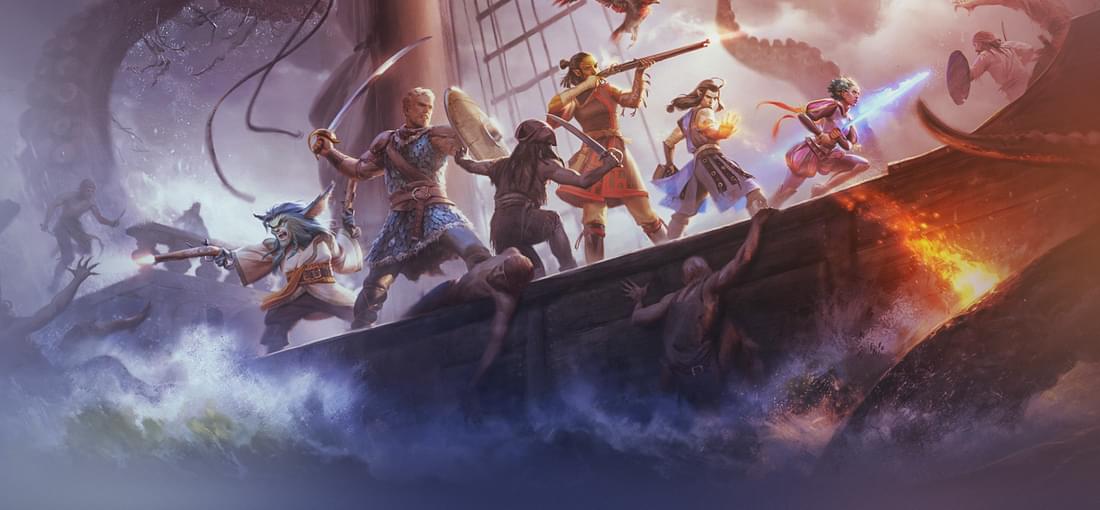
Deadfire is a sequel to Pillars of Eternity. That’s important. It is not a second attempt to recreate an Infinity Era RPG. Rather, it looks at what PoE did and strives to improve on it. Baldur’s Gate purists might dislike some of the changes, but the end result is, for the most part, a better game. Deadfire addresses pretty much every complaint I had about PoE: pacing is better, quests are intricately designed, items are unique and interesting, quality over quantity approach. The core of the game have seen plenty of improvements. There is multiclassing, which acts more like rebranding of PoE system – while single class characters aren’t as flexible, the new system is more intuitive and does allow for new synergies. Some leftovers from table-top design were removed – skills are mostly per-combat and health system has been simplified (personally not in favour of the latter one). Companions have much less to say in individuals conversations, and instead tend to join conversations when talking to NPCs, providing a better pacing and make them feel more present throughout the game. However, it is not all roses. While Deadfire addressed all shortcomings of PoE, it also lacks some of what made PoE worth experiencing. An open-world structure and a reactive implementation of companions resulted in narrative of Deadfire lacking focus and momentum. It is not per say, that writing in Deadfire is bad – there is a lot of good in it. But giving a lot of control to the player, meant narrative contrains. A lot of thought and care was put into the world of Deadfire, but it doesn’t communicate it’s ideas very well. A loose structure of the title could be tied up nicely with a strong finale, but unfortunately the game ends on something close to a SequelTease. PoE’s strong vision managed to overcome game’s many shortcomings. Deadfire makes for a much more enjoyable ride, but it’s lacks meaning necessary to make the gray and complicated world of Eora relatable.

Absolution met with a rather cold reception from Hitman fans. It did many things right - gameplay itself was the slickest in the series and the game looked great. However, the franchise since its inception has always a simple premise: "a hitman simulation". Absolution abandoned this premise, by trying to deliver a more complex narrative, grand main character urgency and character arch, reduce what became sandbox level design into a linear, story driven game, while at the same time trying to tick of boxed to satisfy old fans. The end result is confusing: Agent 47, who up to this point was mostly sociopath, doesn't make for a great sentiment driven protagonist ala, Leon the Professional. Game constantly switched between sandbox design and linear adventure. Game is divided into small chunks violently breaking illusion of any coherent world. Narrative makes perfect stealth runs fail to satisfy narrative needs. Is it bad? No, but it doesn't flow well, and while it has hints of greateness the little space to each area doesn't allow it to flurish. There are also some awful QTEs. I found narrative annoying. It seems to mimic Quarantino style, and it is vlugar and violent but without the flare and sense of style and flavour that the mentioned director posesses. If you are curious, it is not a bad title to pick up on sale.

While I personally prefer Hitman2: Silent Assassin, there is no denying that Blood Money offers some of the best Hitman content there is, if the premise of hitman-simulator sounds interesting to you. Personally, I feel that the new two Hitman seasons are superor to Blood Money, but at least, BM isn't dragged down by always online DRM. What you get in Blood Money is a set of brilliantly designed sandbox missions, in which you will have to locate and assassinate your assigned targets. All of the levels allow for multitude of approaches giving this game a pretty darn good replayibility. But as this title is praised enough, here are two minor gripes: Disguise system is a signature mechanic of Hitman series, but none of the games really did it right - in earlier titles enemies could see through your disguise too easily, but in Blood Money disguises are simply too effective. The game boils down to finding the best disguise, which often will allow player to navigate most, if not all, of the level without suspicion, until doing something really suspicious (like running around with a gun). This makes a "mastery" of hitman:BM levels rather dull. Many of those disguses can be aquired right at the start of the level, if one knows what to look for. The biggest charm of BM is that it's levels take place in familar settings - a rehearsal of an opera, a wedding, subarban area. However, NPCs don't have very nuanced reactions, and while some levels do explain the trigger happy guards, being immediately shot when found in the backstage area of a rehearsal is absurd.